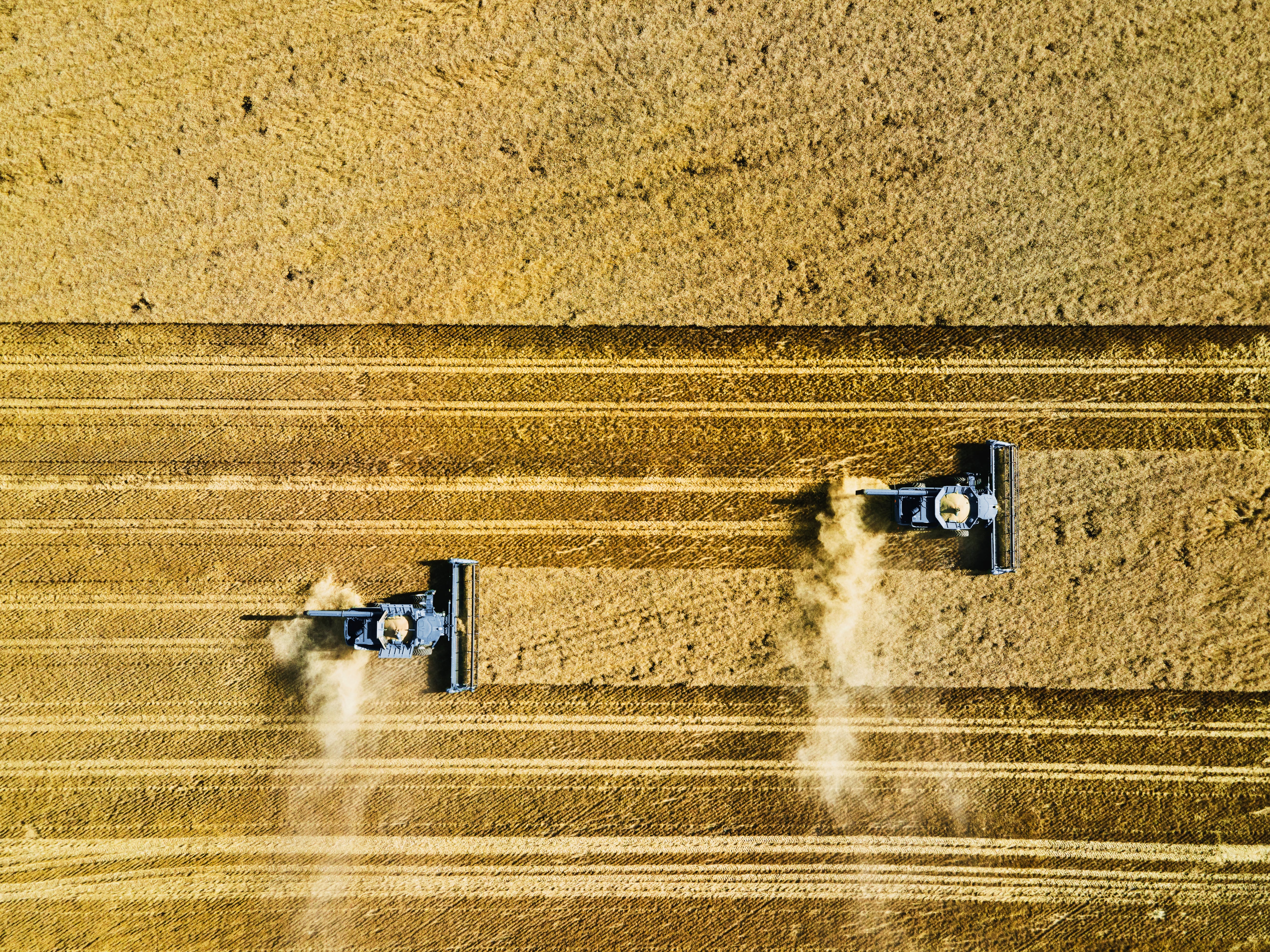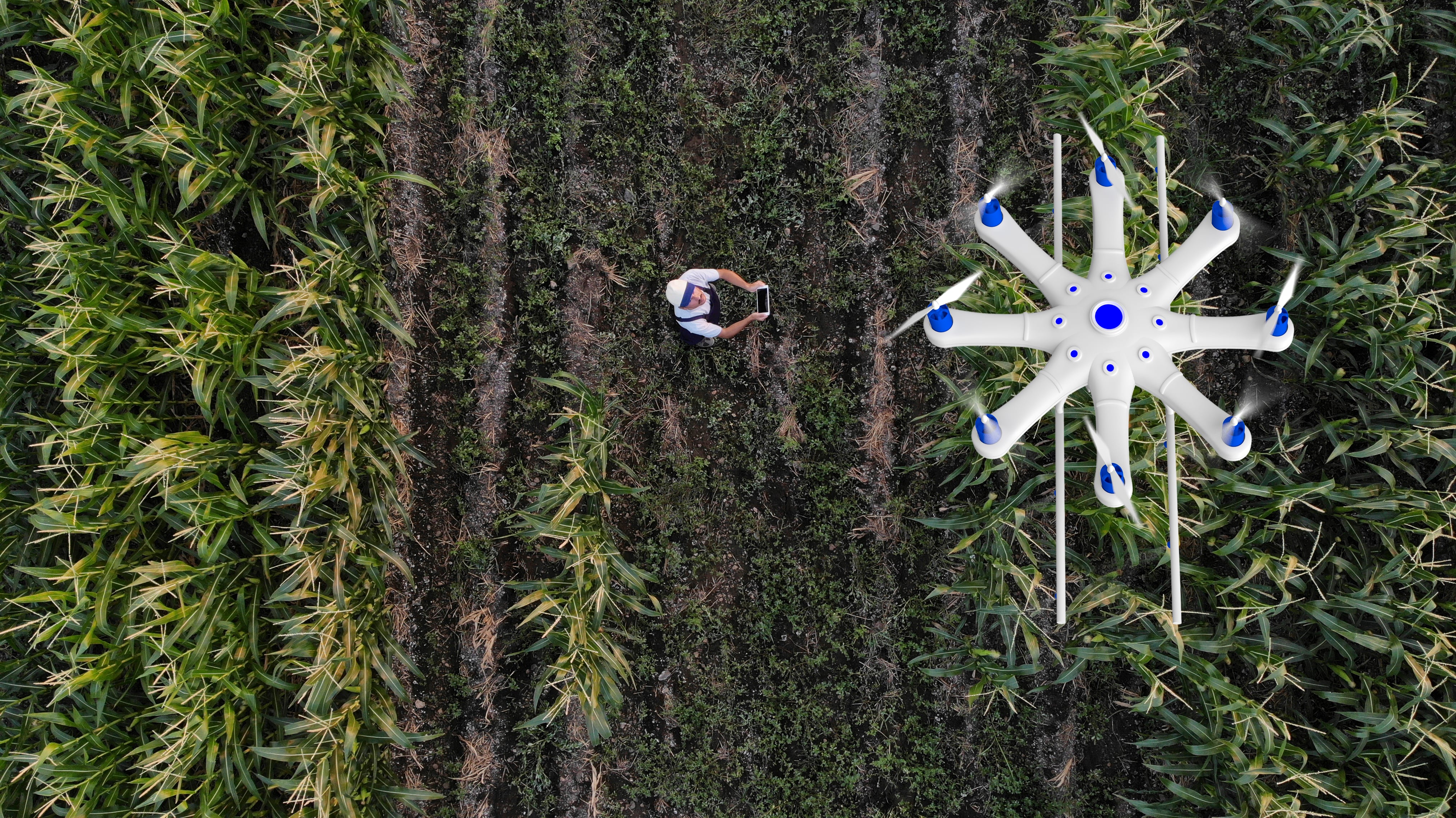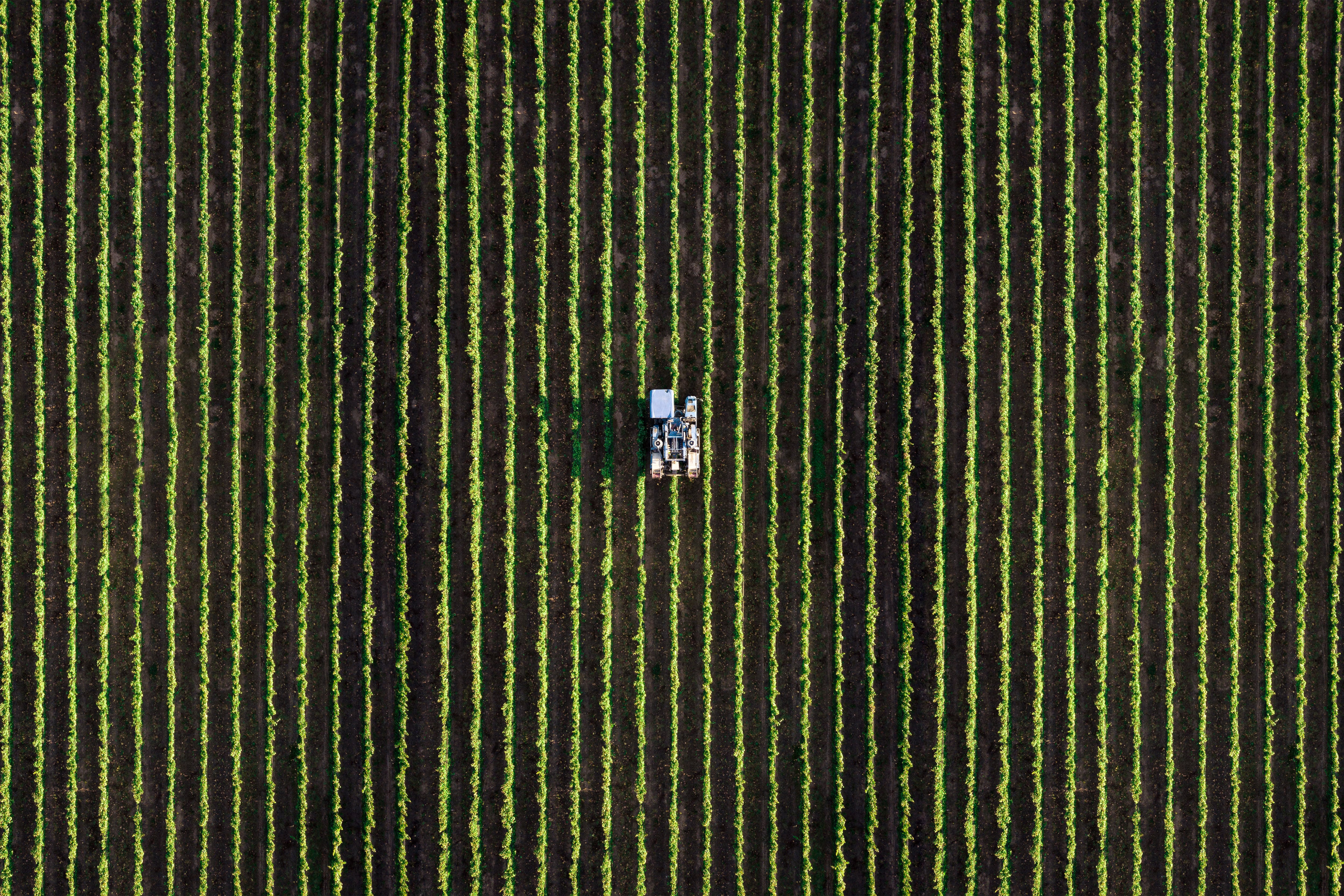There could be significant impacts to agtech from President Trump’s tariffs, warns a new report from Pitchbook, particularly in farm machinery/equipment, fertilisers and agrochemicals, and seed technology.
The tariffs on imports from China (10%) and tariffs on Canada and Mexico (25%) could affect agtech companies that rely on imported components or materials for their products.
Agricultural machinery from the US is subject to a 10% retaliatory tariff by China, which may impact agtech companies exporting their products to the Chinese market.
The broader agricultural sector, including farmers who are potential customers of agtech companies, has expressed concerns about the tariffs. The American Farm Bureau has said that its members “support the objectives of security and ensuring equitable [trade] with our American neighbours [and] China, [but] regrettably, we know from past experiences farmers and communities will [bear] the [brunt] of retaliation.”
A “significant portion” of agricultural machinery and electronic components are imported from China, writes Alex Frederick, senior analyst, emerging technology, in the new report. These companies relying on sensors, IoT devices, and machinery from China and other tariff-targeted countries face higher production costs.
Precision agriculture tools and farm management software could therefore become more expensive, slowing adoption rates among farmers.
“Increased tariffs on essential agtech imports will likely lead to higher operational costs for businesses due to more expensive machinery, inputs, and technology,” says Frederick. This could result in reduced profit margins and may necessitate price adjustments. Companies might also face supply chain disruptions, leading to delays and potential shortages of critical components.
Fertilisers and agrochemicals can also expect to be hit. Imports of fertilisers from regions such as Russia and the EU may face higher tariffs. Additionally, more than 80% of US potash (a key fertiliser ingredient) comes from Canada.
Tariffs affecting seed imports, or the raw materials required for seed development could also disrupt supply chains and increase costs. In seed technology, certain seed varieties and biotechnological advancements are imported from Canada.
Tariffs therefore threaten to exacerbate already high input costs for farmers, straining margins and reducing investments in new technologies.
Domestic production increase?
This could see a push toward increasing domestic manufacturing to mitigate tariff impacts, although this may require significant investment and time – made even harder should an overall effect of Trump’s tariffs be an increase in inflation, at least in the short term.
Frederick therefore fears innovation slowdown. “Higher costs and supply chain uncertainties might deter investment in research and development, slowing the pace of innovation in the agtech sector.”
Indeed, While Trump has stated that tariffs are intended to protect American industries and raise revenue, the consensus among economists suggests that the tariffs are more likely to hinder rather than promote domestic innovation by reducing competitive pressures, misallocating resources, and creating an uncertain economic environment.





